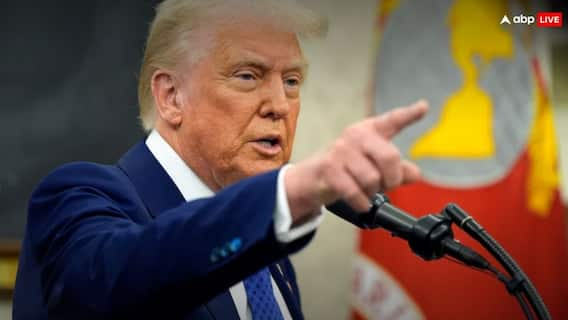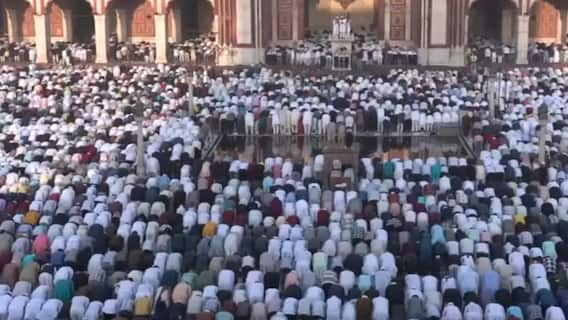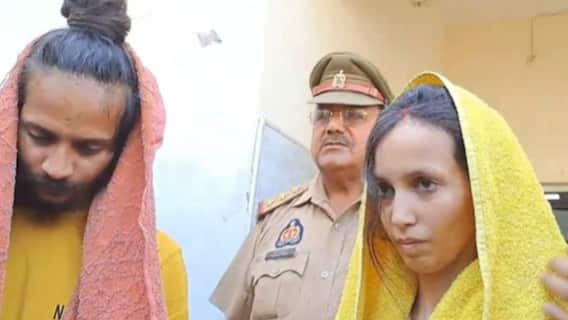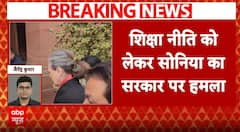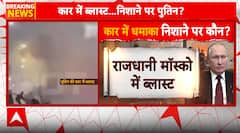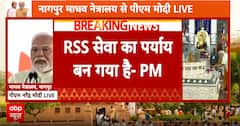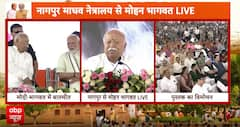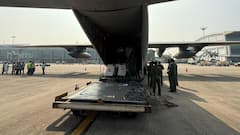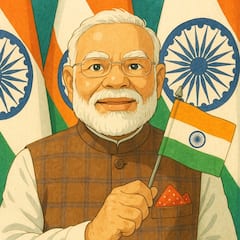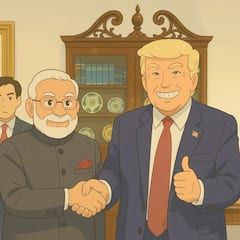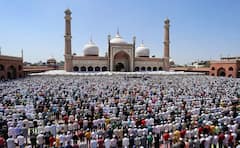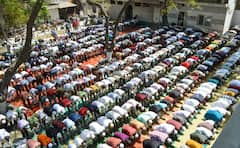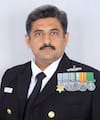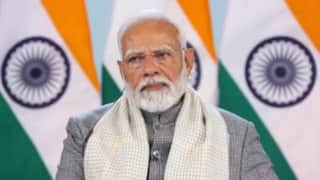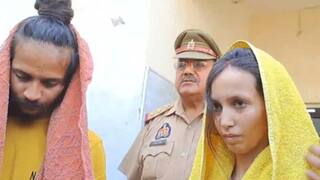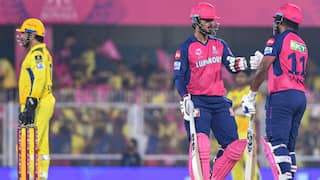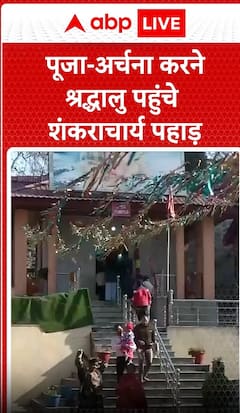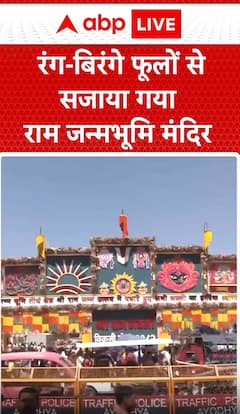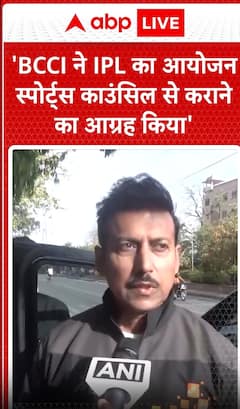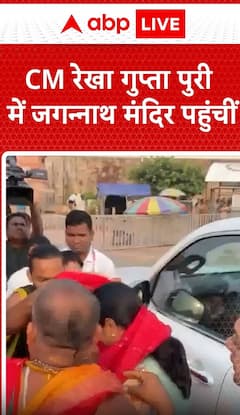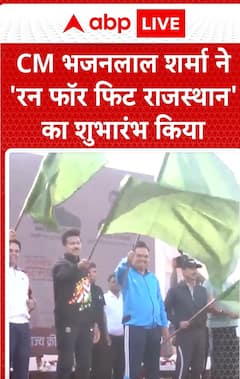'W Bengal Govt Shall Observe Necessary Restraint': Top 10 Supreme Court Quotes In Kolkata Doctor Murder Case
Here are the top 10 remarks and observations by the Supreme Court bench headed by CJI DY Chandrachud

The Supreme Court on Tuesday said that the rape and murder of a doctor at the RG Kar Medical College and Hospital in Kolkata is a horrific incident which has shcoked the country. The apex court while issuing several directions to state of West Bengal, Centre and CBI, said that the reason why it has taken suo motu cognizance is that it is not just a matter relating to a particular rape and murder issue in hospital, but it raises systematic issues of safety of doctors across India.
Here are the top 10 remarks and observations by the Supreme Court bench headed by CJI DY Chandrachud:
1) "What is equality under the Constitution if women can't be safe in their workplace and are being denied basic equality?"
The apex court while appointing a National Task Force (NTF) for evolving a national consensus on ensuring safety for doctors observed that, "Women are at particular risk of sexual and non-sexual violence in these settings. Due to ingrained patriarchal attitudes and biases, relatives of patients are more likely to challenge women medical professionals. In addition to this, female medical professionals also face different forms of sexual violence at the workplace by colleagues, seniors and persons in authority."
2) "The lack of institutional safety norms at medical establishments against both violence and sexual violence against medical professionals is a matter of serious concern."
The court said, "Sexual violence has had its origins even within the institution, the case of Aruna Shanbag being a case in point. There is a hierarchy within medical colleges and the career advancement and academic degrees of young professionals are capable of being affected by those in the upper echelons. The lack of institutional safety norms at medical establishments against both violence and sexual violence against medical professionals is a matter of serious concern. While gendered violence is the source of the more malevolent manifestations of the structural deficiencies in public health institutions, the lack of safety is of concern to all medical
professionals."
3) "Preserving safe conditions of work is central to realising equality of opportunity to every working professional. This is not just a matter of protecting doctors."
The apex court in order noted that safety and well-being as health providers is a matter of national interest.
4) "The nation cannot await a rape or murder for real changes on the ground."
The Supreme Court observed that as more and more women join the work force in cutting edge areas of knowledge and science, the nation has a vital stake in ensuring safe and dignified conditions of work. The constitutional value of equality demands nothing else and will not brook compromises on the health, well being and safety of those who provide healthcare to others.
5) "Why Did The Police Run Away? Will This Police Protect Doctors?"
The Supreme Court took a strong exception to the Kolkata Police's conduct while dealing with the mob attack on peaceful protestors on the night of 14 August. After going through a complaint placed by a senior resident doctor, the apex court decided to hand over the security of RG Kar hospital to CISF. Justice Pardiwala while going through the complaint which said that the police fled the scene when a mob of nearly 7000 people attacked the protesting doctors, asked "will this police protect doctors?"
6) "What Will You Do With The Principal?"
The Supreme Court criticised the ex-principal of RG Kar Medical College Dr Sandip Ghosh for trying to pass off the case as that of suicide and preventing the parents of the deceased from seeing her body for several hours.
"What was the principal doing?...Why was the FIR registered at 11:45 PM when the crime was discovered early in the morning?" CJI Chandrachud asked the West Bengal government."
When the CJI asked what the Bengal govt plans to do with the ex-Principal, the state of West Bengal said, "Whatever the court wants!"
7) "West Bengal should ensure that power of state is not unleashed on peaceful protestors"
The apex court said that it expects that the government of West Bengal shall observe necessary restraint in the face of peaceful protests being conducted by doctors and public.
"The State shall ensure that the power of the State is not unleashed either against persons who are in legitimate means to express their opinions or to participate," the CJI said.
8) "Deeply concerned that name and photograph of the victim has been all over the media"
The Supreme Court also said that it is deeply concerned with the fact that the name of the victim has been all over the media, and the photographs and videos are all over the media. "This is extremely concerning," the court said.
9) "We are unable to comprehend how the State was not prepared to deal with the incident of vandalisation of the premises of the hospital"
The top court expressed dismay at the lack of preparedness of the Kolkata police to deal with the situation of vandalism at the crime scene.
"The hospital is invaded and critical facilities are damaged. What was the police doing? A serious offence has taken place and the crime scene is within the hospital. The police should have protected the crime scene. How can the police allow vandals to enter the hospital," the court remarked.
"The West Bengal government was expected to maintain law and order and protect the crime scene, unable to comprehend why the state could not do so," it said.
10) "Please trust us and resume duty as the marginalised are suffering."
Trending News
Top Headlines








